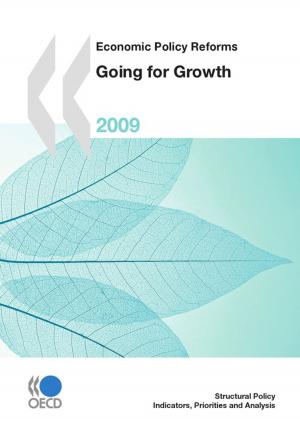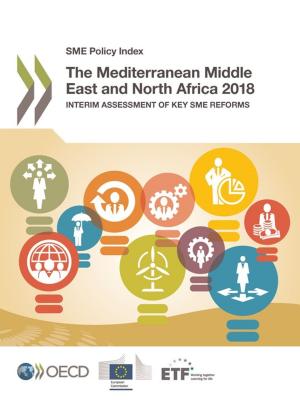Towards Transparent, Proportionate and Deliverable Regulation for Geological Disposal
Nonfiction, Science & Nature, Technology, Nuclear Energy| Author: | Collective | ISBN: | 9789264083554 |
| Publisher: | OECD | Publication: | February 9, 2010 |
| Imprint: | OECD | Language: | English |
| Author: | Collective |
| ISBN: | 9789264083554 |
| Publisher: | OECD |
| Publication: | February 9, 2010 |
| Imprint: | OECD |
| Language: | English |
These workshop proceedings highlight the significant amount of work accomplished over the past decade in delivering transparent, proportionate regulation for geological disposal, and identify important differences between national regulations even if these are not in contradiction with international guidance. They also underline the importance of R&D carried out on behalf of the regulator. In addition to the contributed papers, these proceedings trace the numerous discussions that formed an integral part of the workshop. They constitute an important and unique documentary basis for researchers and radioactive waste management specialists. Themes addressed include duties to future generations, timescales for regulation, stepwise decision making, roles of optimisation and best available techniques (BAT), multiple lines of reasoning, safety and performance indicators, recognition of uncertainties and the importance of stakeholder interactions.
These workshop proceedings highlight the significant amount of work accomplished over the past decade in delivering transparent, proportionate regulation for geological disposal, and identify important differences between national regulations even if these are not in contradiction with international guidance. They also underline the importance of R&D carried out on behalf of the regulator. In addition to the contributed papers, these proceedings trace the numerous discussions that formed an integral part of the workshop. They constitute an important and unique documentary basis for researchers and radioactive waste management specialists. Themes addressed include duties to future generations, timescales for regulation, stepwise decision making, roles of optimisation and best available techniques (BAT), multiple lines of reasoning, safety and performance indicators, recognition of uncertainties and the importance of stakeholder interactions.















